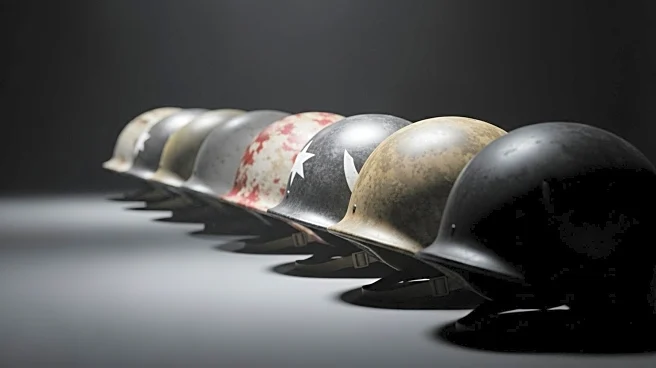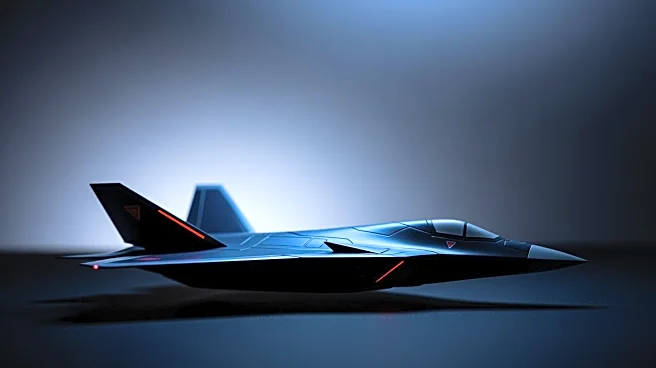What's Happening?
Russian forces are reportedly preparing to add 16,000 troops for a renewed offensive in eastern Ukraine, according to Ukrainian military commander Maj. Oleh Shyriaiev. The offensive is expected to begin in as little as 10 days, targeting the Pokrovsk direction in the Donetsk Oblast. This area has been a focal point for Russian forces, who have been unable to capture it despite years of conflict. Ukrainian President Volodymyr Zelensky has noted that Russia's previous offensives have suffered heavy losses, but the threat of a new surge remains. Ukraine continues to rely on artillery and munitions from foreign partners to counter these advances.
Why It's Important?
The potential surge of Russian troops in eastern Ukraine underscores the ongoing volatility and strategic importance of the region. The Donetsk Oblast is a critical area for logistics and has been a longstanding target for Russian forces. The renewed offensive could lead to increased military engagements and further destabilization. For Ukraine, maintaining control over this region is vital for its territorial integrity and national security. The situation also highlights the importance of international support, particularly in terms of artillery and munitions, to bolster Ukraine's defense capabilities against Russian advances.
What's Next?
Ukraine is likely to seek additional support from international partners to strengthen its defenses against the anticipated Russian offensive. The Pentagon has reportedly approved arms packages for Ukraine, though details on their contents and delivery timelines remain unclear. As the situation develops, Ukraine may need to adjust its military strategies and seek further diplomatic support to counter Russian aggression. The international community's response, particularly from NATO allies, will be crucial in shaping the outcome of this conflict.
Beyond the Headlines
The renewed offensive in eastern Ukraine could have broader implications for regional security and international relations. It may prompt discussions on the effectiveness of current defense strategies and the role of international alliances in conflict resolution. The situation also raises ethical questions about the use of military force and the impact on civilian populations in conflict zones. Long-term, this conflict could influence global defense policies and the balance of power in Eastern Europe.









